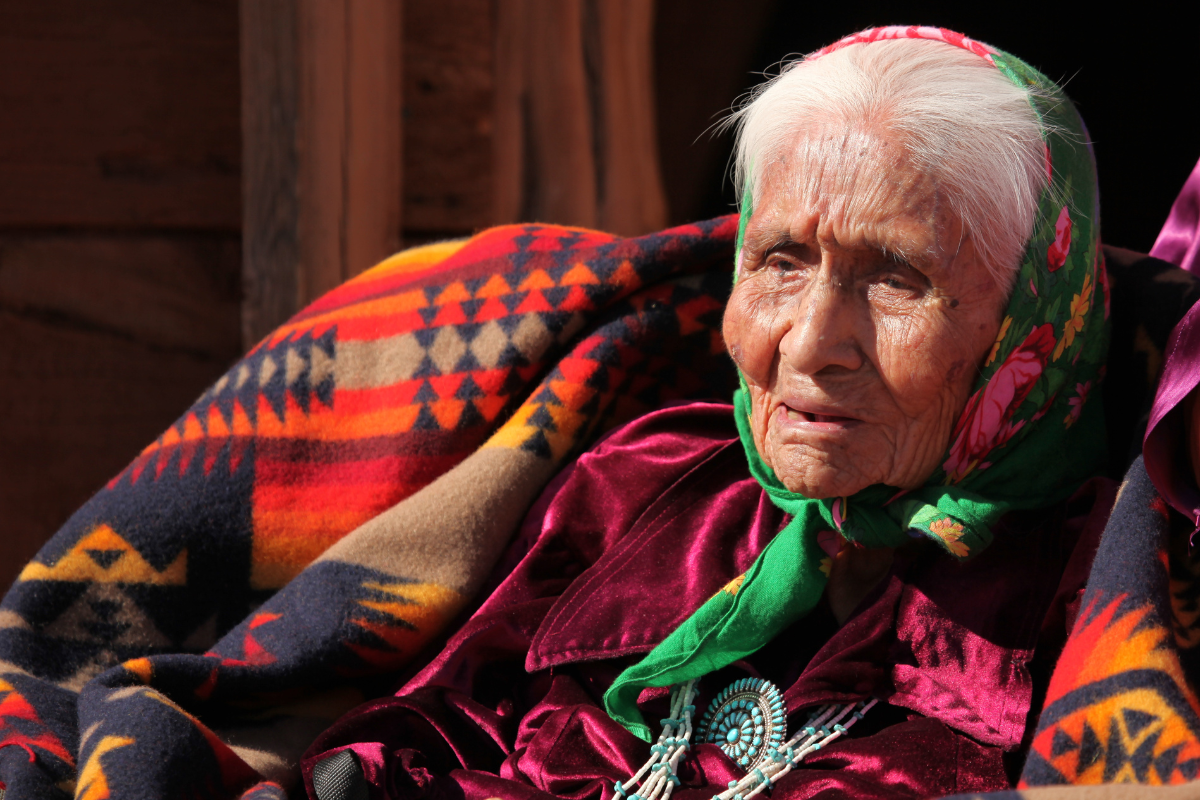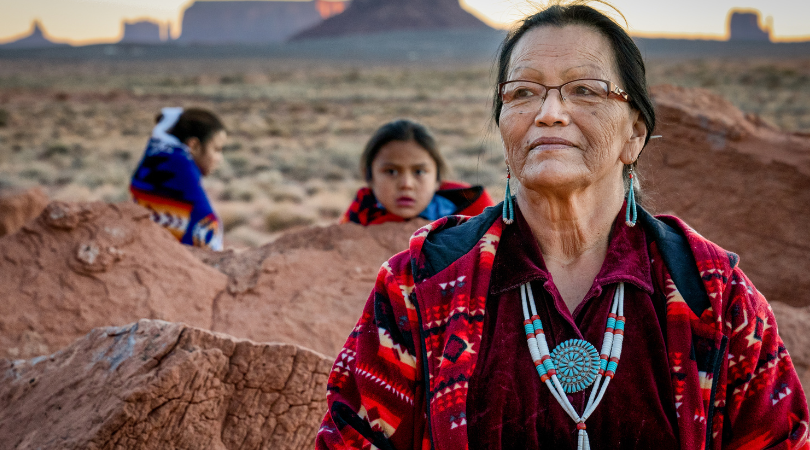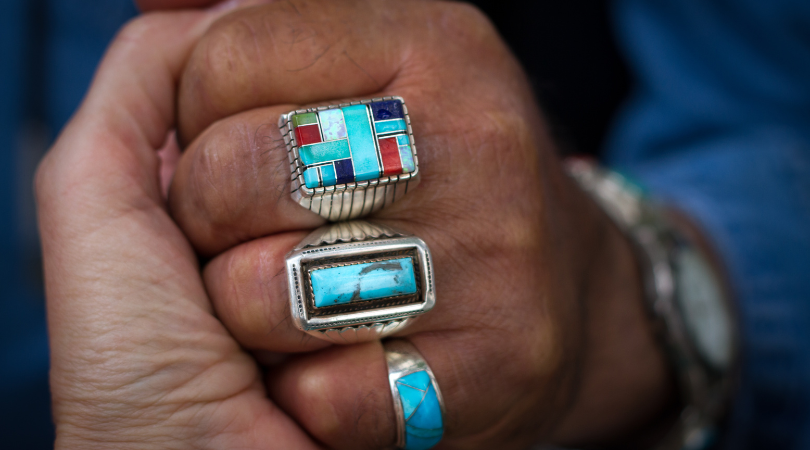Meeting the Hospice Care Needs of Native Americans

Hospice care is a critical component of end-of-life healthcare that focuses on providing comfort, support, and dignity to individuals facing terminal illnesses. While hospice care is available to people of all backgrounds and cultures, it's important to recognize that the unique cultural, spiritual, and social perspectives of Native Americans require special attention when delivering these services. Meeting the hospice care needs of Native Americans involves cultural sensitivity, community involvement, and a holistic approach to end-of-life care.

Cultural Sensitivity
Native American communities often have rich traditions and healing practices deeply rooted in their culture. Hospice providers should be respectful of these traditions and integrate them into the care plan whenever possible. Traditional healers, ceremonies, and rituals may play a significant role in the patient's end-of-life journey.
Language barriers can hinder effective communication between healthcare providers and Native American patients. To meet the hospice care needs of Native Americans, efforts should be made to ensure that interpreters are available and that medical terminology is translated appropriately. Learning key phrases in the patient's native language can also foster trust and rapport.
Many Native Americans hold sacred spaces and natural elements in high regard. Hospice care providers should be mindful of this and respect the patient's wishes regarding their location of care, including preferences for passing away in their own home or on tribal lands.
Building partnerships and seeking guidance from tribal elders and community leaders is crucial to expanding hospice care to Native American families. They can provide insights into cultural preferences, assist in bridging the gap between healthcare providers and the community, and help ensure that hospice care aligns with the values and traditions of the tribe.

Holistic Approach to Care
Native American spirituality is deeply intertwined with daily life and end-of-life experiences. Hospice providers should accommodate spiritual practices, whether through access to spiritual leaders, sacred objects, or prayer spaces. This helps address the spiritual needs of Native American patients and their families.
Native American cultures often emphasize the importance of family and community. Hospice care should be family-centered, involving family members in decision-making and caregiving, and accommodating extended family and community involvement in the patient's care.
Ensuring that patients are comfortable and free from pain is fundamental in hospice care. Native American patients may have specific preferences for pain management. To meet the hospice care needs of Native Americans, these preferences should be considered and respected.
Grief and bereavement are experienced differently across cultures. Native American communities may have their own rituals and traditions for mourning. Hospice providers should be sensitive to these practices and offer support that aligns with cultural beliefs.
Studies have shown that Native Americans are much less likely to receive hospice care compared to other groups. By acknowledging and respecting cultural nuances, hospice care providers can ensure that Native American patients and their families receive compassionate and culturally appropriate end-of-life care, promoting dignity, comfort, and peace during this profound journey.
Crossroads Hospice & Palliative Care provides care and support to terminally ill patients and their families. To learn more about our services, please call 1-888-564-3405.
If you found this information helpful, please share it with your network and community.
Copyright © 2023 Crossroads Hospice. All rights reserved.




